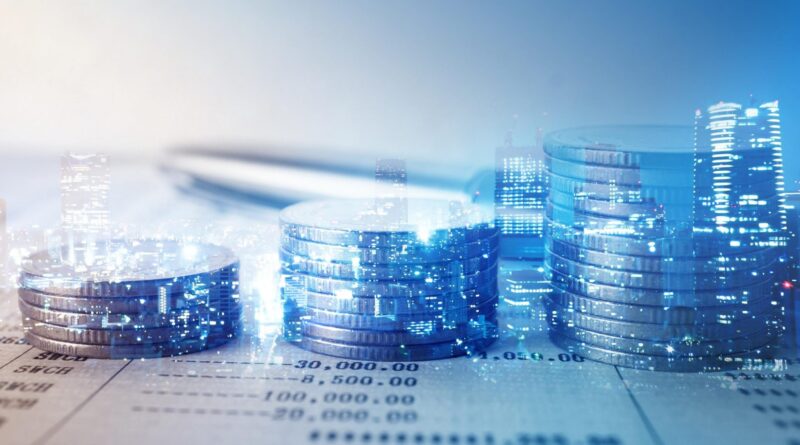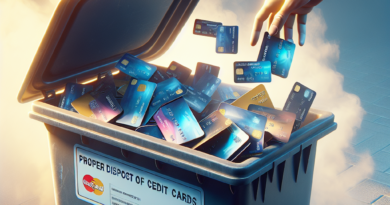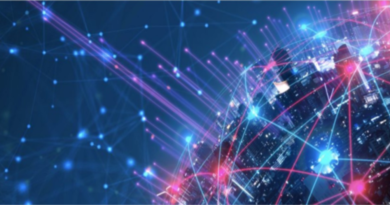The plastic packaging recycling chain in Italy is an excellence in the EU according to Corepla
Plastic recycling in Europe is an all-Italian excellence.
This was certified in a note by the National Consortium for the collection, recycling and recovery of plastic packaging (Corepla).
For years now, national and European legislation has imposed "increasingly challenging" recycling objectives on Italy and the rest of the European Union states, but this has not prevented the separate collection of plastic packaging from achieving excellent results.
A result which, explains the Consortium, is the result of hard years of work for environmental protection, including innovations and technologies.
Corepla has been working in the sector since 1997 and for over 25 years it has therefore played an essential role in our country's economy, making a contribution "with a view to shared responsibility between companies, administrations and citizens".
But what are the activities that have allowed our country to achieve similar results? Here is everything you need to know about the plastic recycling supply chain in Italy and the data that proves it.
read also Where does plastic for recycling (really) end up in Europe Italy, excellence in plastic recycling: Corepla's activities According to data disclosed by the Consortium.
In just 25 years, the material sent for recycling in Italy has increased solidly, going from 228,000 tonnes to over 1,050,000 tonnes.
A "brilliant" result, which is the consequence of a widespread network made up of: 31 selection systems; 92 recycling plants.
Over the years, Corepla has therefore proven to be one of the cornerstones for the circular economy, regarding the recycling of plastic, committing itself every day to expanding the industrial network and technological innovation.
In fact, to meet European objectives, over the years the Consortium has launched activities aimed at "intercepting plastic packaging waste more effectively and shortening the steps between collection and recycling", without dispersing plastic – one of the main sources of pollution .
As explained by Giovanni Cassuti, Corepla President: The Consortium plays a decisive role in the ecological transition path that the country is pursuing with precise and challenging objectives to meet Europe's demands.
Our commitment is constant, as demonstrated by the daily dialogue with all stakeholders and the information and awareness-raising activity on the issues of collection and recycling of plastic packaging, and our increasingly innovative contribution.
In this direction and with everyone's commitment, it will be possible to promote the circularity of the Italian sector and supply chain and give new impetus to the country's innovation.
Among the projects and realities of excellence we find: the recycling of EPS – sintered expanded polystyrene – or more commonly polystyrene.
From this recycling a new "secondary raw material" is obtained to be used to create new recycled EPS products – commonly used in household appliance packaging or as an insulating panel in construction.
In 2022, over 10,000 tons of polystyrene were sent for recycling.
the RECOPET project aims to recycle containers for liquids for food use, increasing their recycling.
The initiative involves the installation of over 1,000 eco-compactors of the RVM (Reverse Vending Machine) type with a collection capacity of 300 million bottles per year.
Eco-compactors that will be divided equally between the regions.
read also Can chemistry and environmental protection coexist? Italy an EU excellence in plastic recycling: Corepla data Italy therefore confirms itself as one of the best European excellences in plastic recycling, but let's get to the data.
According to the latest data disclosed by the Consortium, it is estimated that in 2022 the virgin raw material saved thanks to the recycling of plastic was approximately 523,789 tonnes, i.e.
the essential equivalent to produce 11 billion 1-litre detergent bottles, preventing the dispersion in the air of 885,406 tonnes of CO2 emissions produced by the manufacture of plastic equal to 1,024 Rome-Tokyo flights.
However, the process for recycling plastic would hide a second advantage, namely that of requiring less energy expenditure.
A saving which in 2022 would amount to around 10,946 G/Wh, equal to approximately 2.5% of the annual primary energy production in Italy.
Corepla then explained in the note that the recovery of over 1 million tonnes of plastic packaging waste in 2022 also led to savings in terms of volume at landfills, avoiding the formation of 35,653,977 cubic metres, equivalent 37.5 times the volume of the Colosseum.
Finally, the plastic and packaging recycling activity has had positive repercussions on the area.
In fact, as the Consortium explains, last year alone (2023) 382 million euros in contributions were paid to the Municipalities (or entities delegated by them), generating an economic impact of 334 million euros, produced by the activities connected to the collection, recycling and recovery of plastic packaging.




